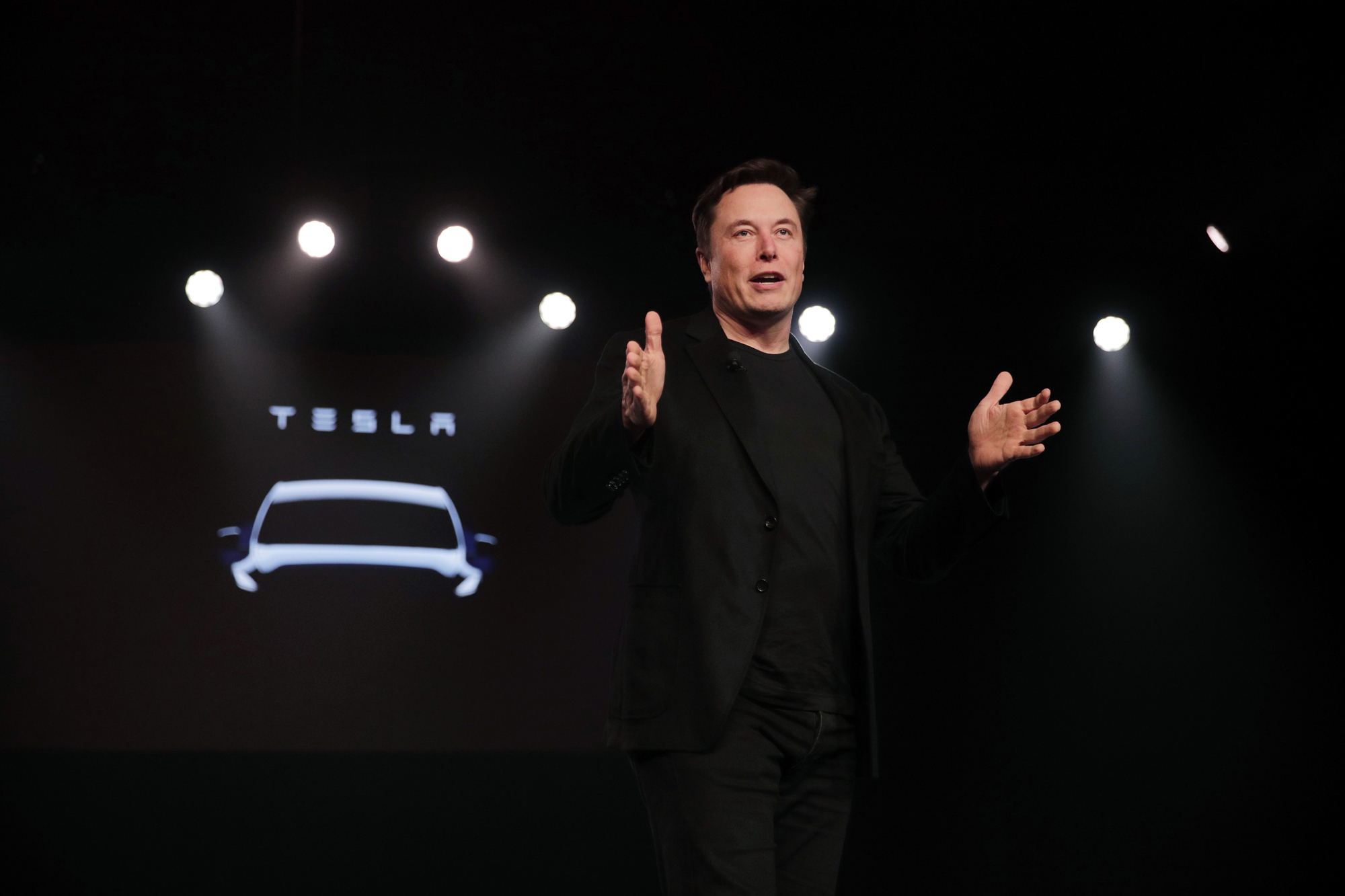Over the next 20 years, what will be the most unexpectedly transformative technology? It's a question that's been asked of me more than once recently, and my counterintuitive answer is the automobile — and I am not referring to self-driving vehicles. Often innovation comes most strongly in basic, frequently used services, where the value proposition is already well established. So the car has a distinct advantage over a Mars colony, say, or a hyperloop.
The automobile experience has already improved greatly in recent years, mostly through ride-sharing, which enables new trips or helps people get work done or talk on the phone when they otherwise would have been driving. Ride-sharing has been the biggest technological boost to my standard of living since the smartphone, and the service benefits both drivers and non-drivers. It's not surprising that two of this year's most publicized IPOs are Uber and Lyft, with Uber having a potential valuation of $90 billion. And many Americans haven't even started using ride-sharing, so there is plenty of room for the market to grow.
As a general principle, major initial innovations lead to subsequent further innovations. For instance, ride-sharing already is substituting for some forms of public transportation. To some this development is deplorable, but the reality is that usage of mass transit in the United States is already declining. Furthermore, many regions of the U.S. are depopulating, and the future of bus and train lines there is not very bright. Ride-sharing will help keep transportation services available in those areas, and help maintain their economic viability, including for the elderly who no longer always feel comfortable driving.

















With your current subscription plan you can comment on stories. However, before writing your first comment, please create a display name in the Profile section of your subscriber account page.